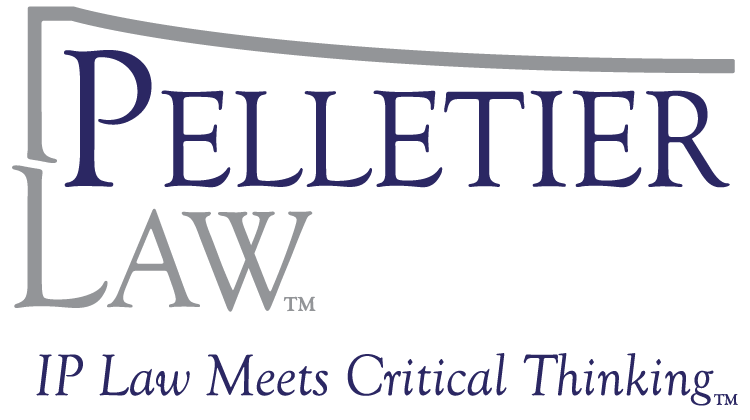Theranos and Its Requests to Redact Trade Secrets
“Today, how prepared are you to substantiate that your assets are trade secrets?” That question originally was posed on February 7, 2016. Recent events involving Theranos, Inc. again illustrate how important that question is.
Theranos currently is dealing with some heavily publicized legal and regulatory problems involving its laboratories.
An article in today’s Wall Street Journal reports that: “CMS [Centers for Medicare and Medicaid Services] officials usually release sanctions letters to the public soon after sending them to lab owners. With Theranos, the agency has held off because the company requested redactions that it said are necessary to protect its trade secrets, according to people familiar with the matter. The agency hasn’t decided whether to grant the redaction requests, the people said.” (John Carreyrou and Christopher Weaver, “Regulators Propose Banning Theranos Founder Elizabeth Holmes for at Least Two Years,” April 14, 2016 Wall Street Journal, A1, A6.)
That excerpt prompts five trade secret-related questions.
First, has Theranos merely claimed trade secret status for information assets?
Second, are mere claims of trade secret status the cause of CMS’s non-decision regarding Theranos’ redaction requests?
Third, does CMS require substantiation, or has it requested substantiation or additional substantiation, for any claim of trade secret status?
Fourth, if Theranos has not yet shown that each asset can meet the applicable definition of “trade secret,” can it do so?
Fifth, will mere claims of trade secret status or a lack of substantiation for those claims result in CMS denying Theranos’ redaction requests?
These questions are intended to provoke thought within companies with information assets and potential trade secret assets. So, yes, just about every company.

Leave a Reply